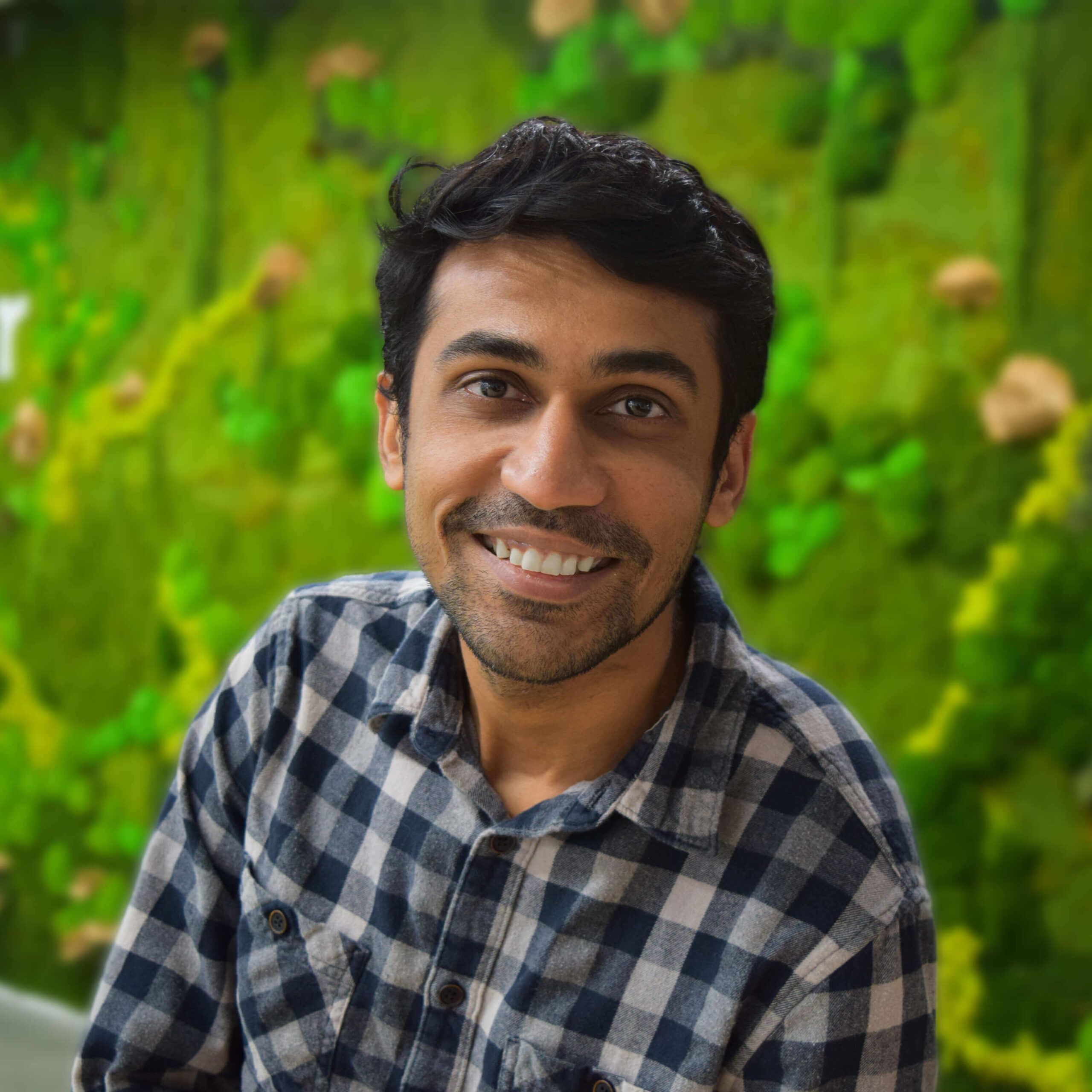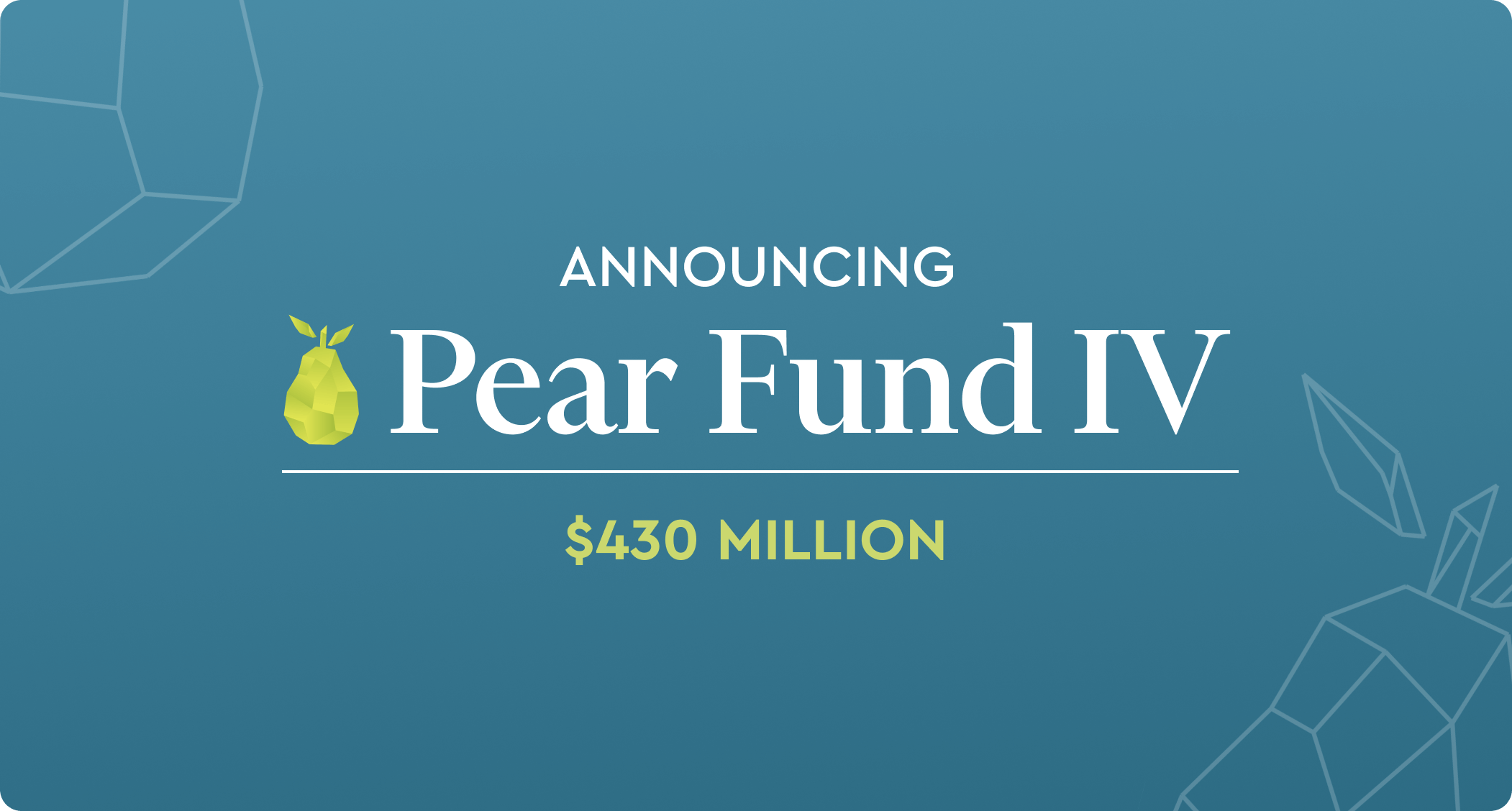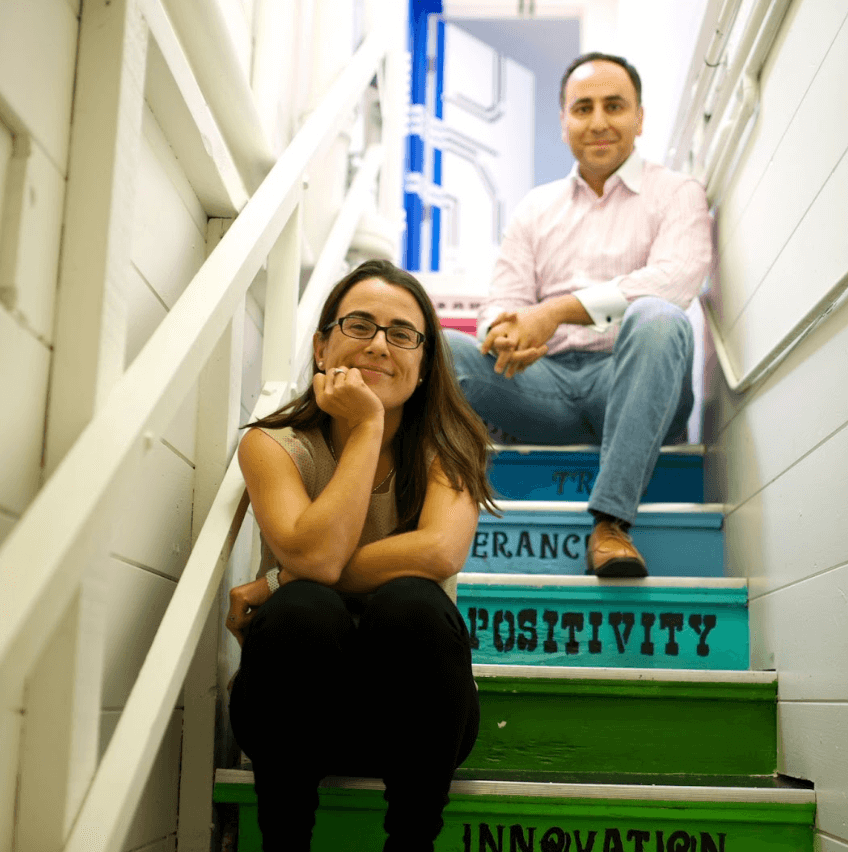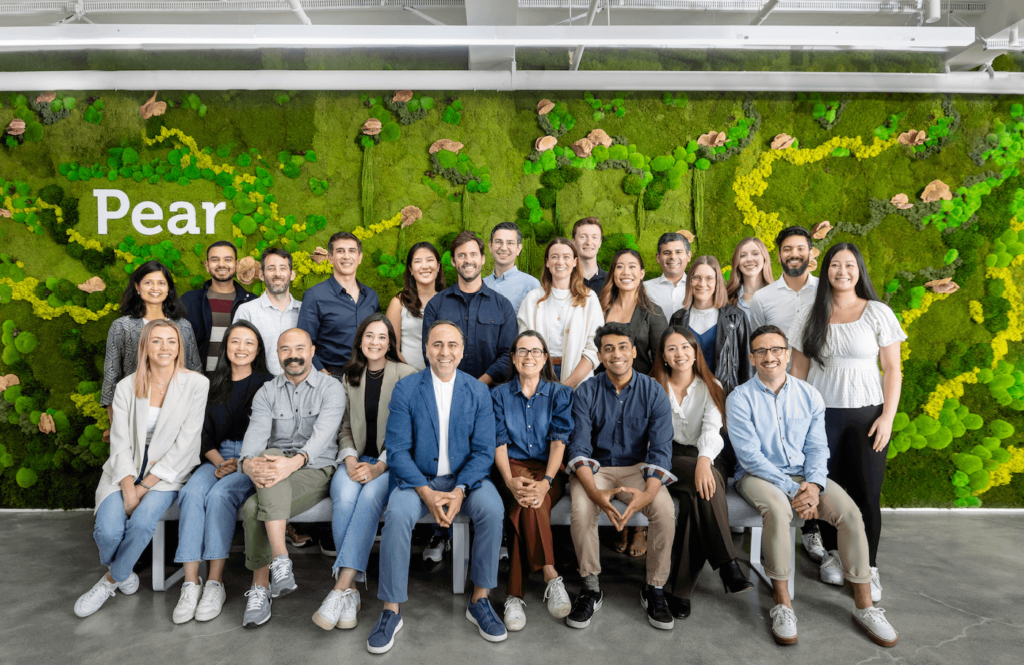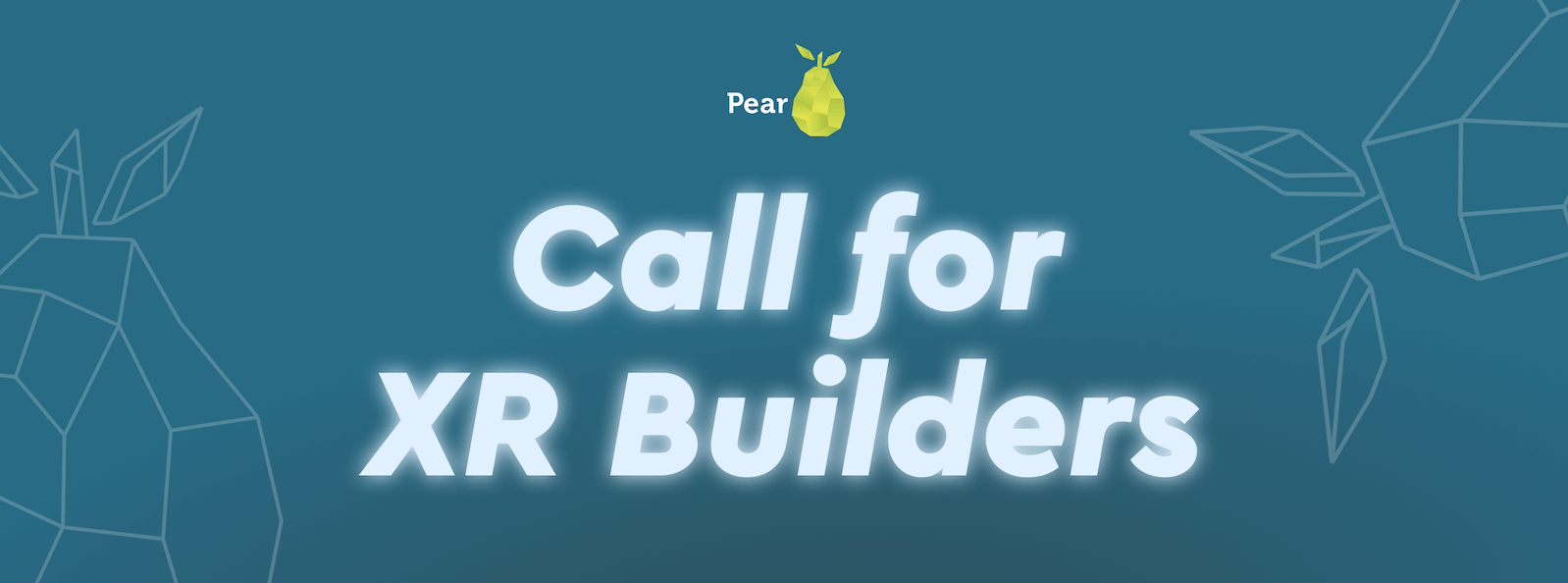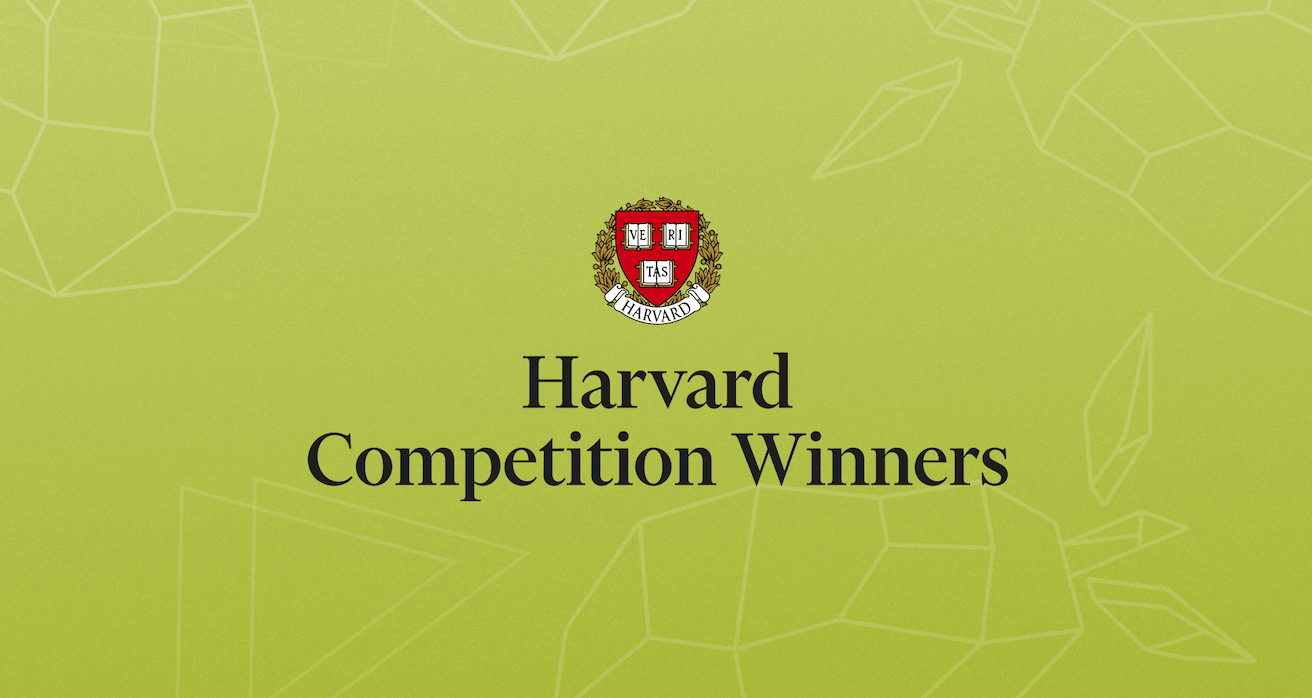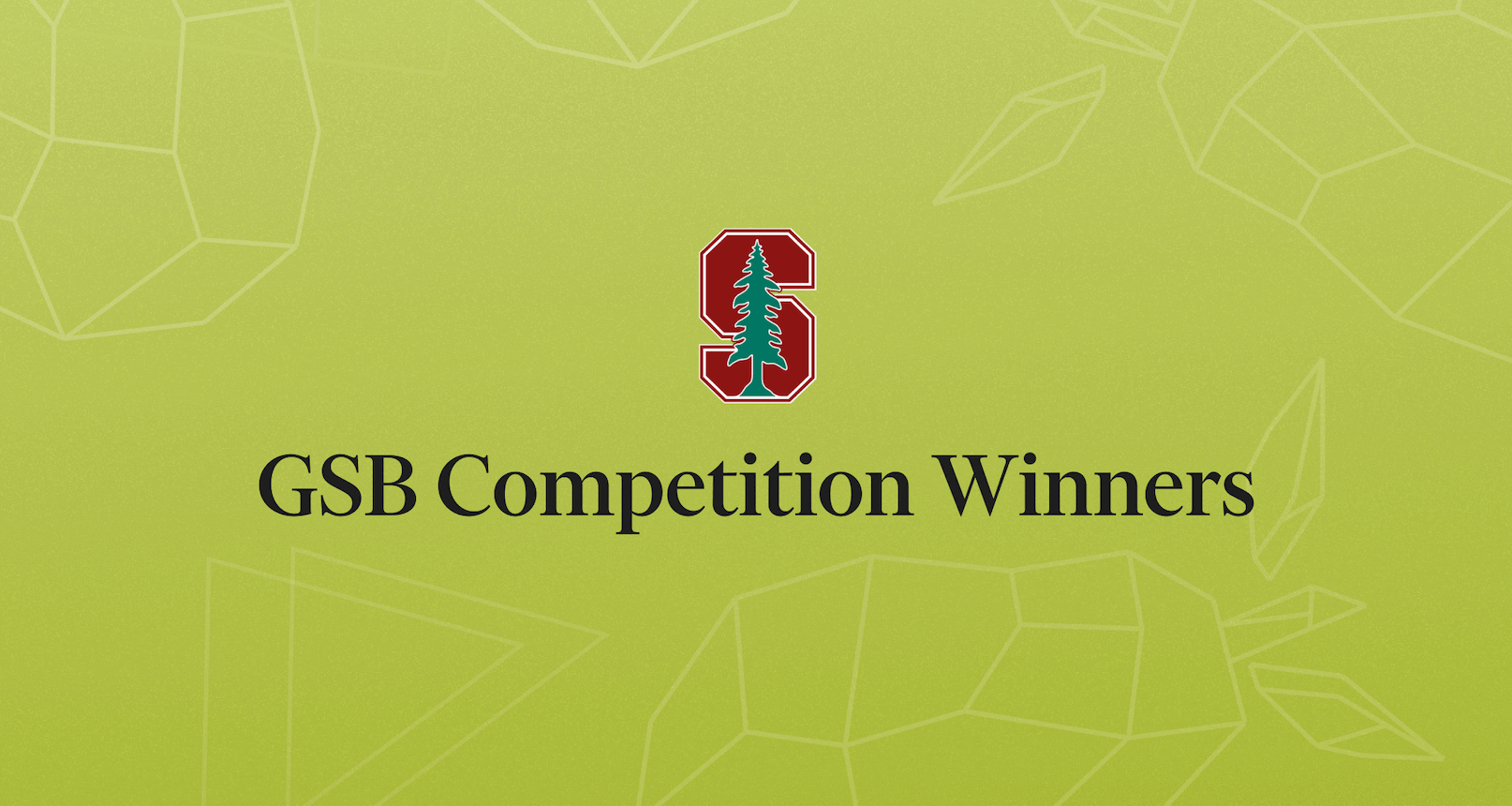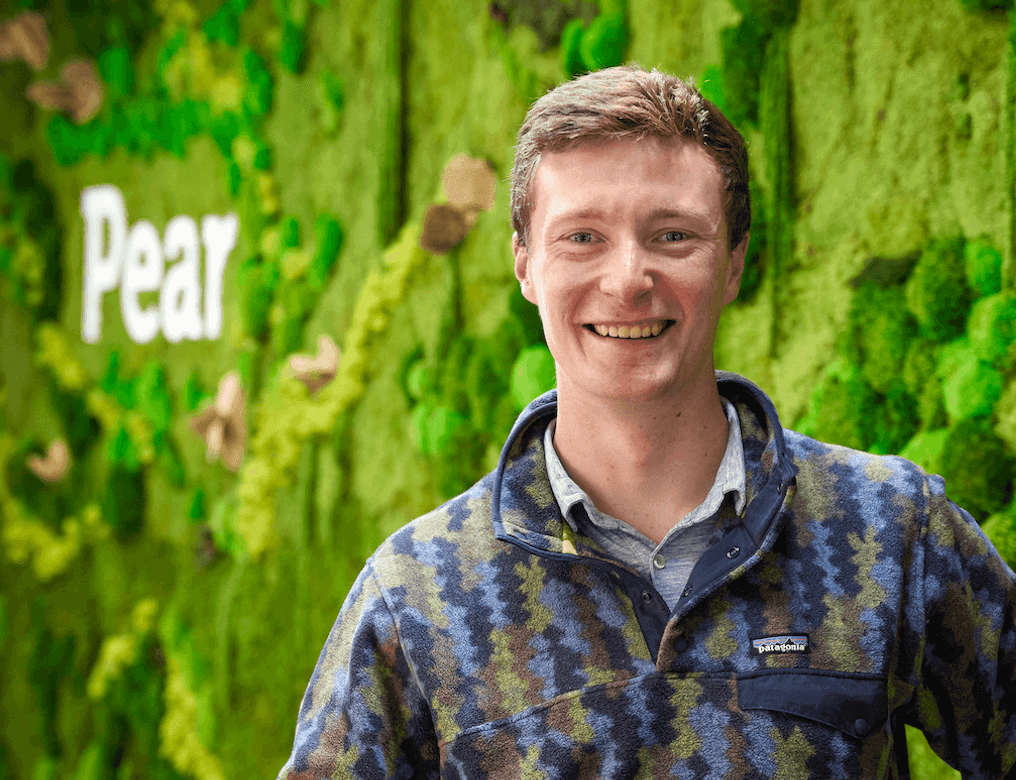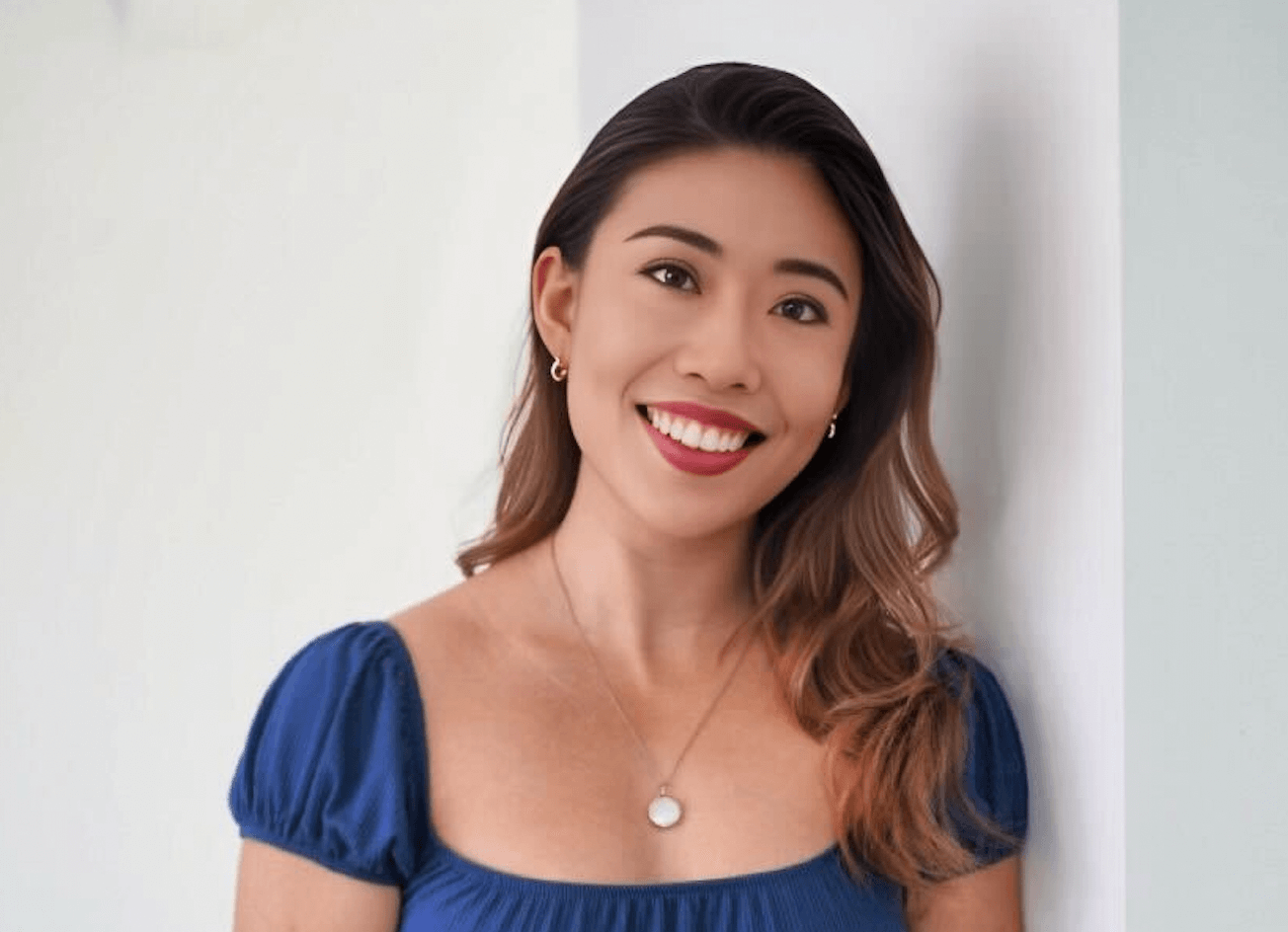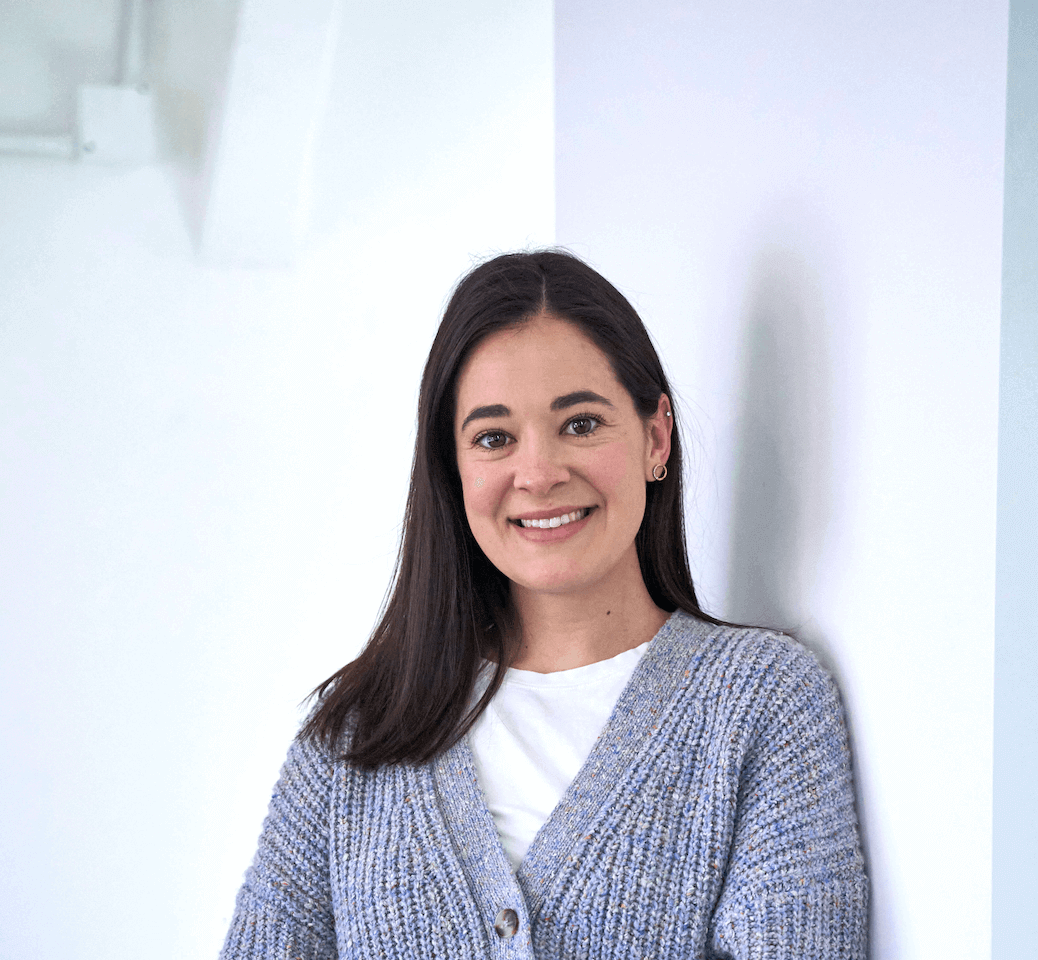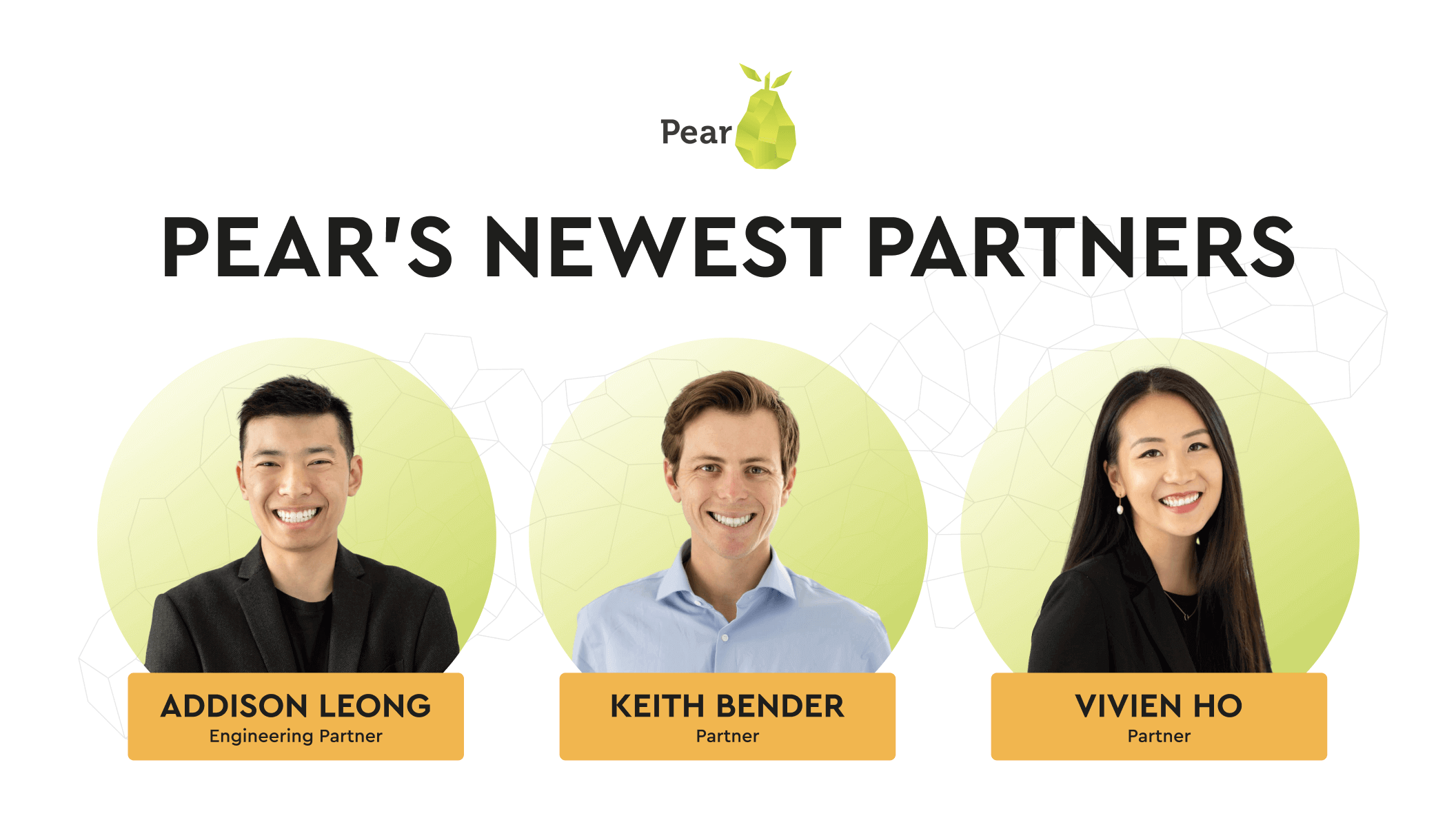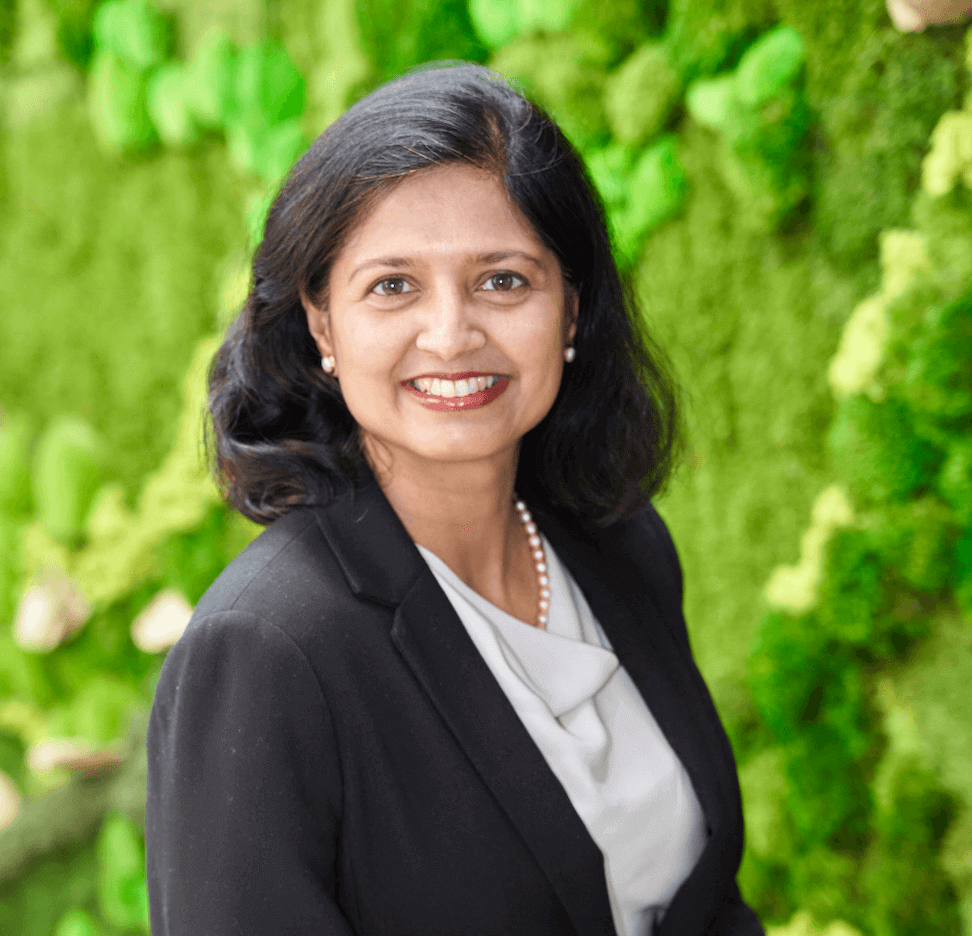In the past few months, we have seen the beginnings of rising interest in building AR, VR, mixed reality, and extended reality infrastructure and applications (we’ll just call it “XR” for short): XR applications to PearX are up 5x this year, dedicated XR hacker groups are proliferating at top engineering schools like Harvard and Stanford, and our tracking shows hundreds of founders have left venture-backed and major tech companies to build in the XR space.
We think this is because XR has the potential to represent one of the most consequential new platforms of the coming decade, and there is substantial alpha to be had for builders who study this burgeoning space and seize early opportunities.
We expect interest in building in XR only to increase dramatically – particularly following Apple’s upcoming Reality Pro headset announcement. We see builders with a measured sense of urgency having an advantage, and we’ve put together a high-level guide for exploring ideas in XR. What follows is merely one way of cataloging opportunities; we would love to meet and speak with founders who are building early, quickly, and curiously in the broader XR space.
XR Builder’s Guide to Exploring Ideas
A Familiar “Infrastructure and Applications” Approach
With any new technology, there are opportunities in foundational infrastructure (making the technology easier to deploy or adding capabilities to what can be built for / with it) and novel applications (tools built with the new technology to help users achieve something they could not previously do).
This approach often starts by asking what new infrastructure developers are building, and then asking what applications can be built atop it.
In XR, substantial existing infrastructure will be first-party specific to headset makers. So, it is worth considering what initial applications may be built on foundations purpose-built for available devices – and which use cases may find breakout success among users of those devices.
XR applications
Consumer
Gaming appears to be the first breaking wave of consumer XR, and will likely lead the way for the foreseeable future. Unity’s 2023 report showed that more than half of all console developers are now building for VR platforms, too. It’s been said that “Every game developer wants to be a VR game developer – they just need to find a way to get paid for it.” This may not be a problem soon enough.
According to The Economist and Omdia, global gaming spending will eclipse $185B this year, with half of consumer spend going to mobile games. As AAA titles and boredom-busting mobile games alike are rendered in XR, it stands to reason that anyone with access to an XR device will prefer gameplay in a more immersive form – meaning that a sizable share of the gaming market may shift to XR in the next decade.
Gamified consumer training is already proving its effectiveness in athletics: thousands of baseball players, amateur and professional alike – including the reigning MVP – use WIN Reality’s Quest app to perfect their swings, with measurable improvements on their performance.
We are also excited about consumer applications in more passive streaming entertainment, social content sharing, education, and commerce. Many of the hours of daily screen time spent watching asynchronous content – social media feeds or professional productions – or browsing e-commerce sites may feel more vivid in an immersive environment.
Enterprise
Hardware fragility and cost may prevent near-term widespread enterprise adoption of B2B XR across business types. Meanwhile, few people – including us – are excited about open-ended co-working in an immersive XR environment.
But, there are impactful vertical and horizontal applications alike that may soon make enterprise XR familiar and essential in many use cases, especially at large companies. Horizontal enterprise tools may include general-purpose training and demo environments: collaborative spaces built to allow anyone to host a classroom or sales presentation. Early deployments of immersive training tools have shown efficacy in use cases as diverse as nursing, UPS driver safety, and law enforcement.
For more specialized B2B applications, initial verticals may include architecture and interior design, product design and mechanical engineering, repair and maintenance diagnostics and installation, and healthcare diagnostics and treatment simulation – among many other sectors.
Key questions for XR application builders
With any application, we encourage prospective founders to consider first-party risk: What core applications are platform creators likely to want to own? FaceTimeXR may be a more likely winner than a new developer’s video chat app for Apple RealityPro. But, a social app to flip through your photo library immersively, in real-time and alongside the friends in those images, may be less likely in Apple’s first-party domain.
We also encourage XR builders to have an airtight “why XR” case for any application: what vital benefit does an immersive, co-present environment offer to your user over alternative interfaces?
XR Infrastructure
Developer tools
Wise founders will study the initial wave of XR adoption and ask which high-use applications are breaking, underwhelming, or borderline impossible on existing first-party or open infrastructure. Many of the most most compelling opportunities will be in bolstering core experiences: interactivity and copresence, audio, messaging, 3D asset generation, 2D/3D web interoperability, streaming reliability and observability.
Monetization enablement
An entire ecosystem of companies will support familiar business models, applied to XR use cases. While many elements of these business models may be unchanged for a new interface, there will undoubtedly be novel components. E-commerce checkout flows will feature transaction-splitting for social shopping. A wave of analytics and marketing tools will help businesses identify lucrative, impression-rich actions users take in XR applications, and usage-based billing providers will emerge to track and monetize novel ways of product use.
Key questions for XR infrastructure builders
Although removed from the end XR application consumer, XR infrastructure builders should start with this headset-adorned or AR-phone-app wielding user profile in mind. In a nascent space, an infrastructure builder needs to be sure there are enough end users who will in turn adopt what your own customers build with your tool or on your platform. Even if a developer can build something novel and powerful with your tools, your success relies on that developer’s distribution.
===
These are merely a few of the possible areas to explore. The promise of XR lies in the experiences we cannot yet clearly see, and the infrastructure built to enable them. If you’re building now — send us a note to XR@pear.vc. And if you’ll be in LA for LA Tech Week, join us on 6/7 at our XR breakfast — there will be plenty to discuss the week of Apple WWDC!
